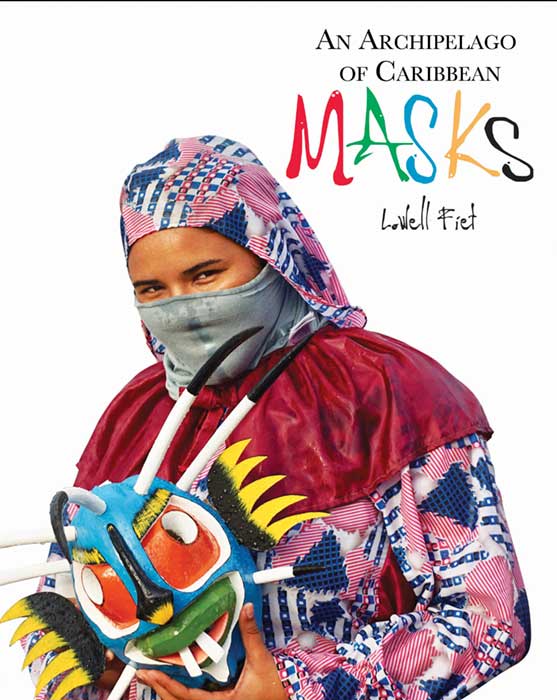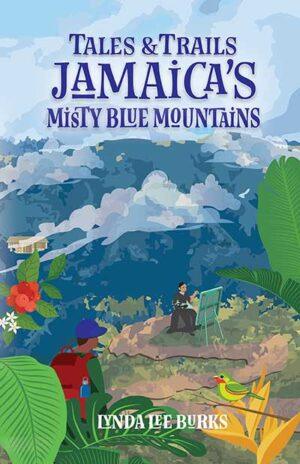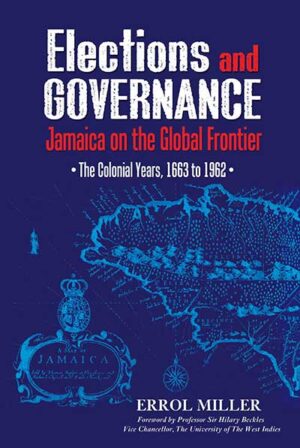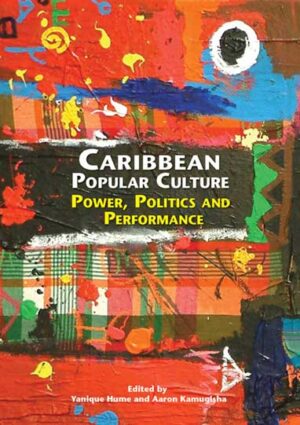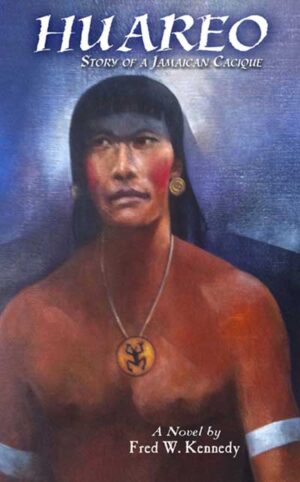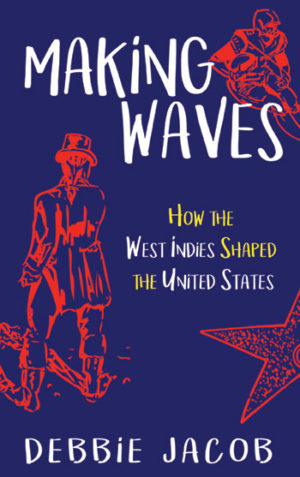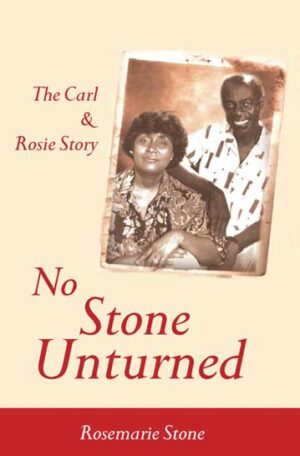An Archipelago of Caribbean Masks
$40.00
Dressing in masquerade costumes with masks, feathers and headdresses, music, steel bands, dancing and drums all combine in a raucous and hedonistic celebration. Beyond the party however, carnival presents an opportunity for a deeper and more complex exploration of native culture.
By: Lowell Fiet
Description
Carnival in the Caribbean has mixed roots in colonialism and African tradition. Dressing in masquerade costumes with masks, feathers and headdresses, music, steel bands, dancing and drums all combine in a raucous and hedonistic celebration. Beyond the party however, carnival presents an opportunity for a deeper and more complex exploration of native culture.
In An Archipelago of Caribbean Masks, Lowell Fiet, a critic-historian of theatre and performance, as well as a mask maker and performer, explores what the masks signify, what wearing them represents, their relation to character costumes and movement, on the one hand, and the celebratory traditions from which they emerge, on the other hand, their presumed metaphorical and discursive characteristics, and most importantly, who makes masks and how – their materials and form.
Stunningly illustrated with primarily the author’s photographs, the carnival mas and masks are presented less as costume and more as art form.
Additional information
| Weight | 2 lbs |
|---|---|
| Dimensions | 12 × 9 in |
| ISBN | 978-976-637-986-5 |
| Binding | Paperback |
| Page Count | 102 |
| Publication Date | May 2019 |
Contents
I: Introduction: An Archipelago of Masks
Approaching a Theory of Masks
II: Coconut-Husk Vejigantes
and Other Natural Materials Masks
III: Papier-Mâché Masks in Haiti, the Dominican Republic, and Panama
Papier-Mâché ‒ Creativity in Jacmel, Haiti
The Diablos of San Juan de la Maguana
(and elsewhere), Dominican Republic
The Diablos Sucios of La Villa de Los Santos, Panamá
IV: Papier-Mâché Masks in Puerto Rico, Trinidad, and Dominica
The Vejigantes of Ponce, Puerto Rico
Papier-Mâché Masks in Trinidad’s Carnival
Carnival in Dominica
V: Wire Screen, Cardboard, “Paint,” and Synthetic Masks
Wire Screen
Cardboard
Paint
Global Masks
VI: Mask-Making in Transcultural Education
Mask-Making Workshops
Results
Afterword
Works Cited or Referenced

